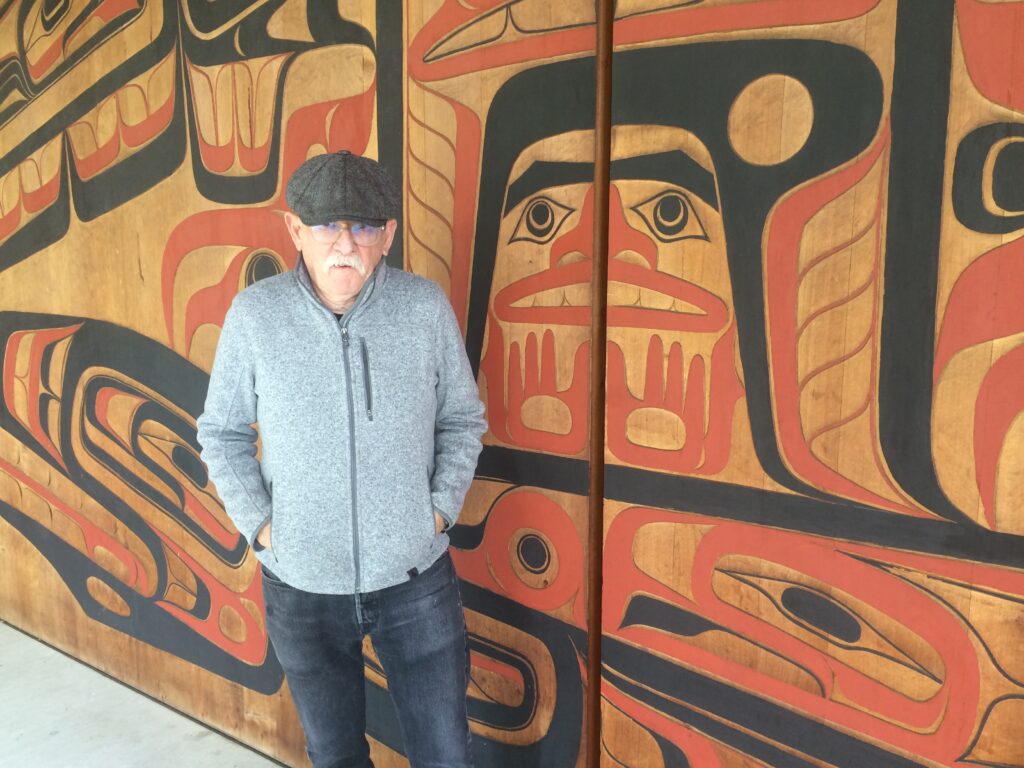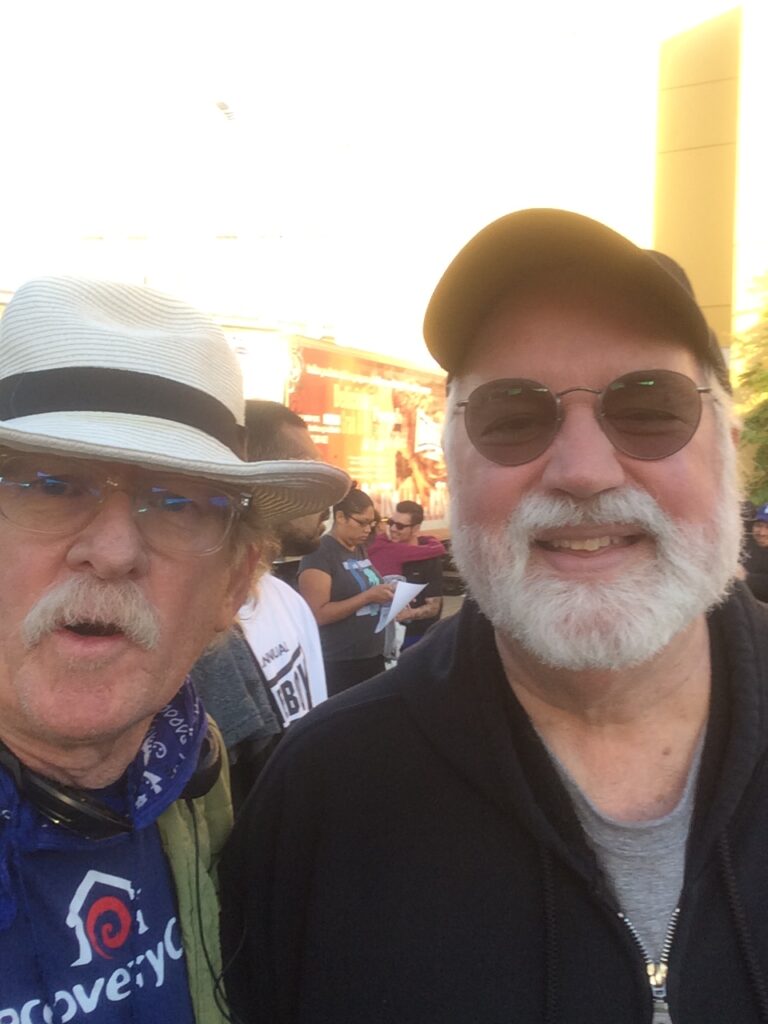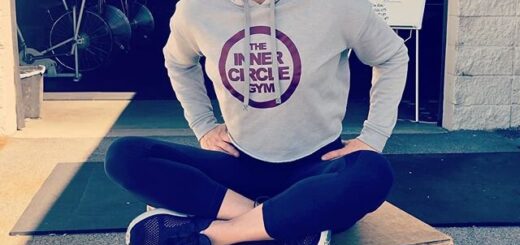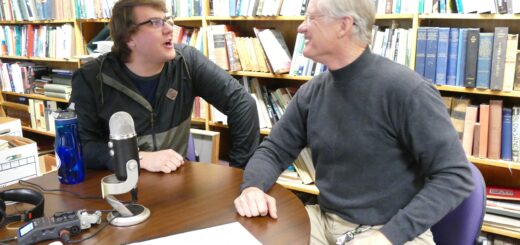Local filmmaker Paul Steinbroner brings us insights into addiction and recovery
We can learn a lot about helping people heal from addiction if we pay close attention to the wisdom and insights of those who are in recovery as well as professionals in the recovery community. They can help us discern what works and what doesn’t work to help people heal.
Wenatchee-based filmmaker and author Paul Steinbroner, who has devoted his career to understanding and sharing knowledge about addiction and recovery, says people in recovery are the most authentic and self-aware people he knows. He has found a deep sense of kinship and admiration for people on their healing journey.
His work has led to deep connections with some great healers, including Father Greg Boyle of Homeboy Industries, Father Richard Rohr of the Center for Action and Contemplation.
Steinbroner has discovered that most of us misunderstand addiction and those caught in its grip. These are not bad people making decisions, as some policy makers would have us believe. Instead, their addictive cycles are driven by deep wounds and an inability to cope with life’s stresses, according to Steinbroner. Success is found in building a supportive community around them.
Steinbroner said those in the grip of addiction “hate the pain of it, hate they are stuck, hate their limited options and are embarrassed that (in many instances) they can’t go back to see their families.”
Steinbroner, a quiet and unassuming soul, has a nuanced understanding of addiction and recovery, having published books and films about the subject for decades. This year, he was honored with the prestigious Michael Q. Ford Award for Journalism by the National Association of Addiction Treatment Providers.
He has explored a myriad of healing approaches that are making a difference in different communities. His film, Journeys on the Red Road, explored a Native American recovery program in northern Puget Sound. In “Homeboy Joyride,” he explored the gang intervention and substance abuse recovery work of Homeboy Industries in Los Angeles, founded by Father Greg Boyle. His “Stand Down” documentary focused on veterans finding healing and transformation.
Steinbroner feels a deep connection with those who have made it through the healing journey as well as those who struggle with addiction and cannot find their way back.
What makes recovery so difficult for those deep in the throes of addiction is that the substances become everything in their lives, he told me. Going into recovery means abandoning the comfort of all that is familiar and embarking on a journey rebuilding their lives outside of substances and all the people they had relationships with. Is it any wonder that relapses happen?
Talking with Steinbroner, the words of Ted Lasso come to mind: “Be curious, not judgmental.” We can all seek to understand and have compassion for those who are struggling with addiction.
The answer to addiction is the support of a caring community, as Boyle has said. That’s precisely the work performed by healers like Loretta Stover, executive director of the Center for Alcohol and Drug Treatment in Wenatchee.
“My expectation for my patients is for them to flourish and not just be stable,” Stover told me. Being stable isn’t really living, after all. Flourishing means chasing goals like having meaningful relationships, reconnecting with family, being employed or going to school.
We have an opportunity in our communities to focus on flourishing and remove the artificial barriers that keep suffering people trapped in private hells that impact all of us.
Rather than stigmatize and judge those who are struggling with substance abuse issues, we can choose a different path: Seeing them as hurting human beings who deserve compassion, kindness and opportunities to heal.
If we don’t help them heal, they will continue to transmit their pain in ways that hurt themselves and the community.




